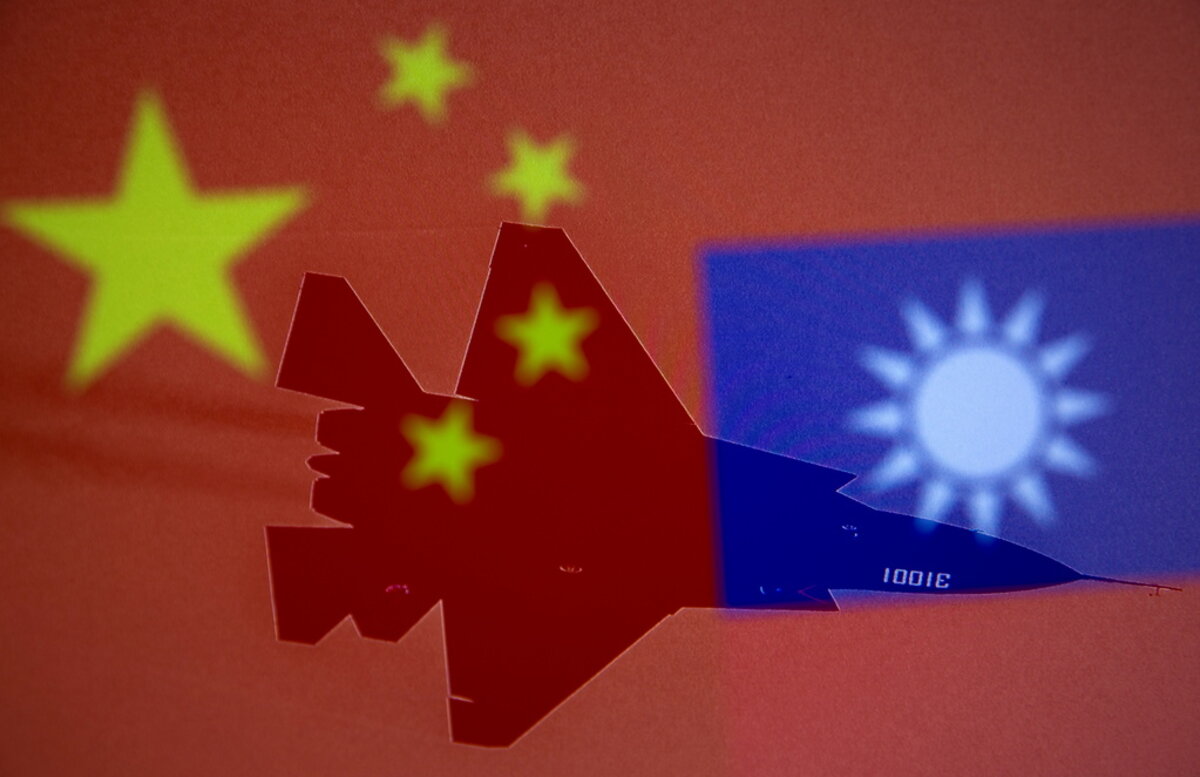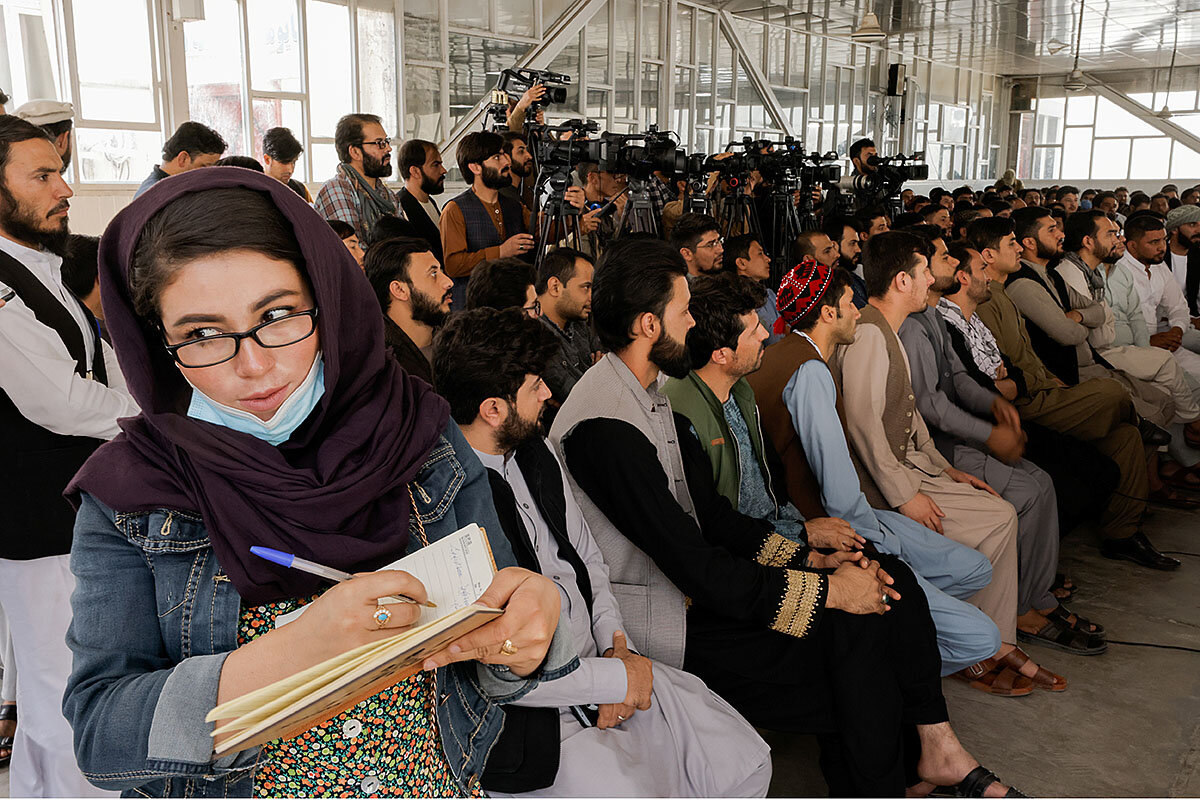The president has a sweeping domestic agenda, and the slimmest possible Democratic majority with which to try to pass it. The difficulty in getting that done has been on vivid display lately.
Monitor Daily Podcast
- Follow us:
- Apple Podcasts
- Spotify
- RSS Feed
- Download
 Stephen Humphries
Stephen Humphries
On Saturday, Ludwig van Beethoven’s new symphony will premiere in Bonn, Germany. Technically speaking, the German composer’s 10th Symphony is a co-write. His collaborator? A computer.
Beethoven left behind fragmentary sketches for the follow-up to Symphony No. 9. Almost 200 years later, a team of musicologists and computer scientists have taught artificial intelligence how to predict which notes Beethoven might have chosen for the missing pieces.
“When you write your email or text, your [computer] or phone suggests to you what words you would write next,” says team member Ahmed Elgammal, director of the Art & AI Lab at Rutgers University in New Brunswick, New Jersey. “This kind of predictive model is very similar.”
The 18-month project was an iterative process. Computer programs learned to recognize patterns in Beethoven’s creative process by examining his earlier symphonies. The AI also had to figure out which instruments to use for the arrangement, which will be performed by the Beethoven Orchestra Bonn.
Mr. Elgammal happily offers a preview by humming a few bars of the 25-minute piece. (Schroeder, the Peanuts pianist, will finally have something new to play by his hero.) The programmer knows that critics will question whether computers can replicate Beethoven’s genius. Yet he believes there’s plenty of joy in this ode to the beloved composer.
“It’s basically a way to show the world what AI can do,” says Mr. Elgammal, who believes it’s a tool akin to a creative assistant. “It has a major role in the way art will be created in the future.”










